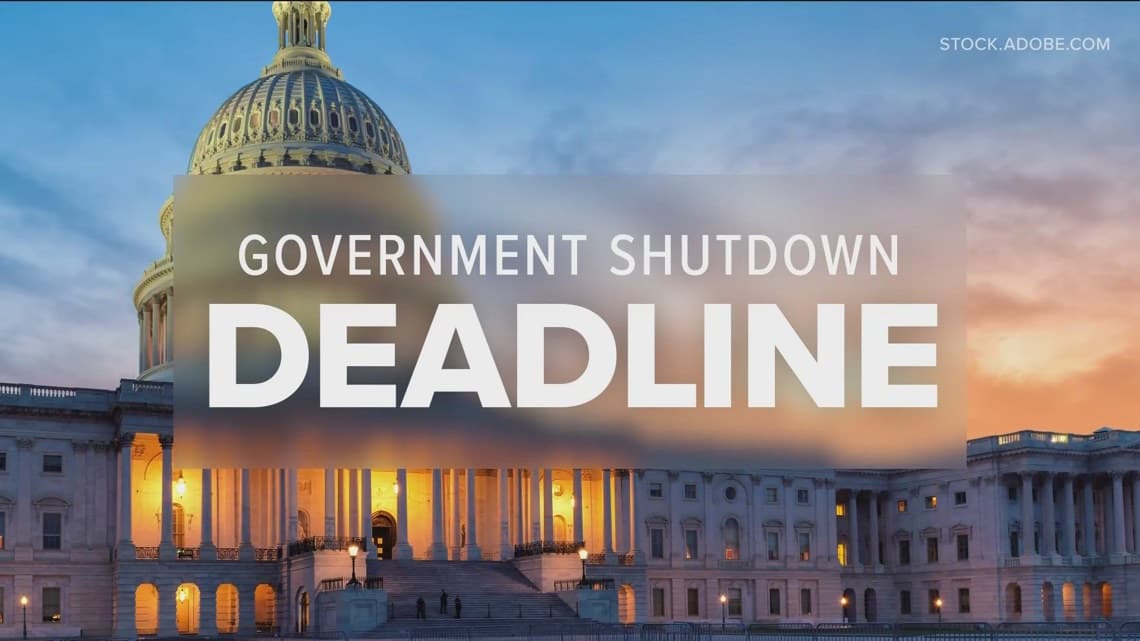White House Expands Grant Scrutiny, Targets Climate and Diversity Projects
The White House has instructed federal reviewers to widen scrutiny of grant programs to include climate and related topic areas, a move that arrives as negotiators gather at COP30 in Brazil. The decision could deepen domestic political contention and complicate U.S. credibility on the global climate stage, affecting universities, nonprofits, and international partners.
Listen to Article
Click play to generate audio

On February 24, federal financial assistance staff received new instructions to broaden their review of grant funding to encompass a set of climate related topics and search terms, according to an excerpt published in the Sustainable Switch Climate Focus newsletter. The instruction came from Chelsea Cole, federal financial assistance department policy lead at the agency's Office of the Chief Financial Officer, and directs officials to expand reviews to include 16 topic areas tied to climate change. The guidance coincides with broader White House moves to scrutinize projects addressing climate and diversity, a shift Reuters has flagged as part of a broader reevaluation of federal grants.
The timing is politically fraught. While government officials, business leaders and activists are convening in Belem, Brazil for COP30, the United States has signaled an inward turning in how it manages domestic funding for work on climate resilience, mitigation and inclusive programming. International diplomats and local activists often view federal grant support as an important complement to diplomatic commitments made at United Nations climate negotiations. A tightening of which projects receive federal support risks creating a perception that Washington is reducing its practical investment in the civil society and scientific networks that help implement global climate objectives.
Domestically, the expanded review could have immediate practical effects. Universities, state and local governments, and nonprofit organizations that rely on federal grants to run climate adaptation programs, community resilience initiatives, and diversity centered efforts may face delays, denials or increased administrative hurdles. That in turn can slow research, community engagement and implementation work that has tangible local impacts, especially in jurisdictions vulnerable to extreme weather and long term climatic shifts.
The decision also raises questions about administrative process and legal standards. Expanding review parameters can be framed by officials as a routine audit to ensure taxpayer funds align with statutory priorities. Critics will likely scrutinize whether new criteria are applied consistently and whether the change fits within established administrative law principles governing grants. The absence of detailed public guidance about the 16 topic areas and the mechanics of the review fuels uncertainty among grant recipients and their partners, including international collaborators who rely on U.S. funding streams.
On the diplomatic front, the move complicates U.S. messaging at COP30. Delegations and civil society representatives expect leading emitters to pair ambitious NDC commitments with support for on the ground action. Steps perceived to limit support for climate work risk undermining the soft power that underwrites coalition building in multilateral negotiations. At the same time, other actors, including Australia which is reportedly pressing to host COP31, are signaling a continued global appetite for climate leadership that spans continents and political systems.
The unfolding policy shift illustrates a broader tension in U.S. domestic politics that has global ramifications. As the world negotiates collective responses to a planetary crisis, how Washington balances internal political priorities with international responsibilities will matter to communities both at home and across the globe.

